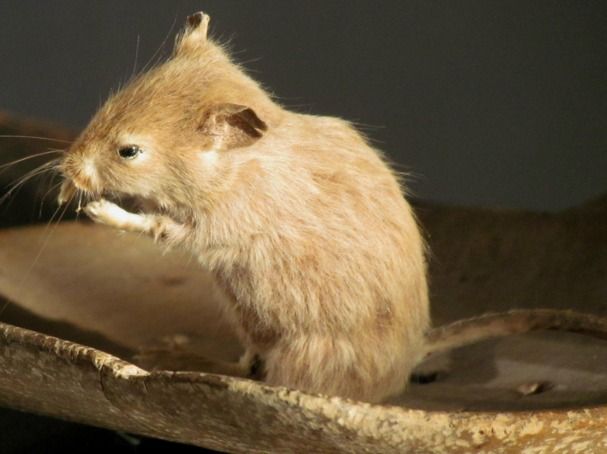Both humans and mice respond to fear in ways that are deeply etched in survival mechanisms that have evolved over millions of years. Feeling afraid is part of a response that helps us to survive; we learn to respond appropriately, based on our assessment of the danger we face. Importantly, part of this response involves extinguishing fear and modifying our behavior accordingly, once we have learned that a potential threat poses little or no imminent danger. The inability to adapt to fears or lay them aside is involved in disorders such as PTSD and anxiety.
The researchers from Weill Cornell demonstrated that changes in the microbiome can result in an impaired ability to extinguish fear. This was true of two groups of mice: one group had been treated with antibiotics; the other group was raised entirely free of germs. The ability of both groups of mice to extinguish fear was compared with that of control mice whose microbiome was not altered. The difference suggested that signals from the microbiome were necessary for optimal extinction of conditioned fear responses.
